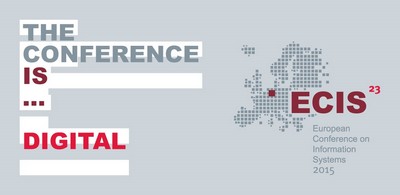DOI
10.18151/7217367
Abstract
Terms such as Network Society or Information Society have gained enormous importance within European policy work and the European Commission’s aim to create and stabilise a European Union or European Community which is innovative and inclusive. Indeed many governments see their responsibility in ensuring the inclusion of the regions they represent in a ‘Networked Society’, and in doing so, ensuring some control over the transformation process. In this process the ‘Networked Society’ becomes a prescriptive concept that designates a desirable objective: A space for ‘making’ Europe by connecting multiple actors. \ \ This paper considers critically the limits of the Network Society-concept for researching the very phenomena it sets out to describe. The paper is based on a 3-year ethnographic study of a European Commission initiative to create a European community of practitioners working in the field of eGovernment. The paper attends to material-discursive practices associated with sharing approaches that support and disrupt the making of an ‘interconnected Europe’ and a ‘European Information Society’. The paper provides evidence that such practices do not link and reconfigure independently existing entities, but rather that subject and objects come to be produced within and through such association. \
Recommended Citation
Jarke, Juliane, ""Networking" a European Community: The Case of a European Commission Egovernment Initiative" (2015). ECIS 2015 Completed Research Papers. Paper 86.
ISBN 978-3-00-050284-2
https://aisel.aisnet.org/ecis2015_cr/86


